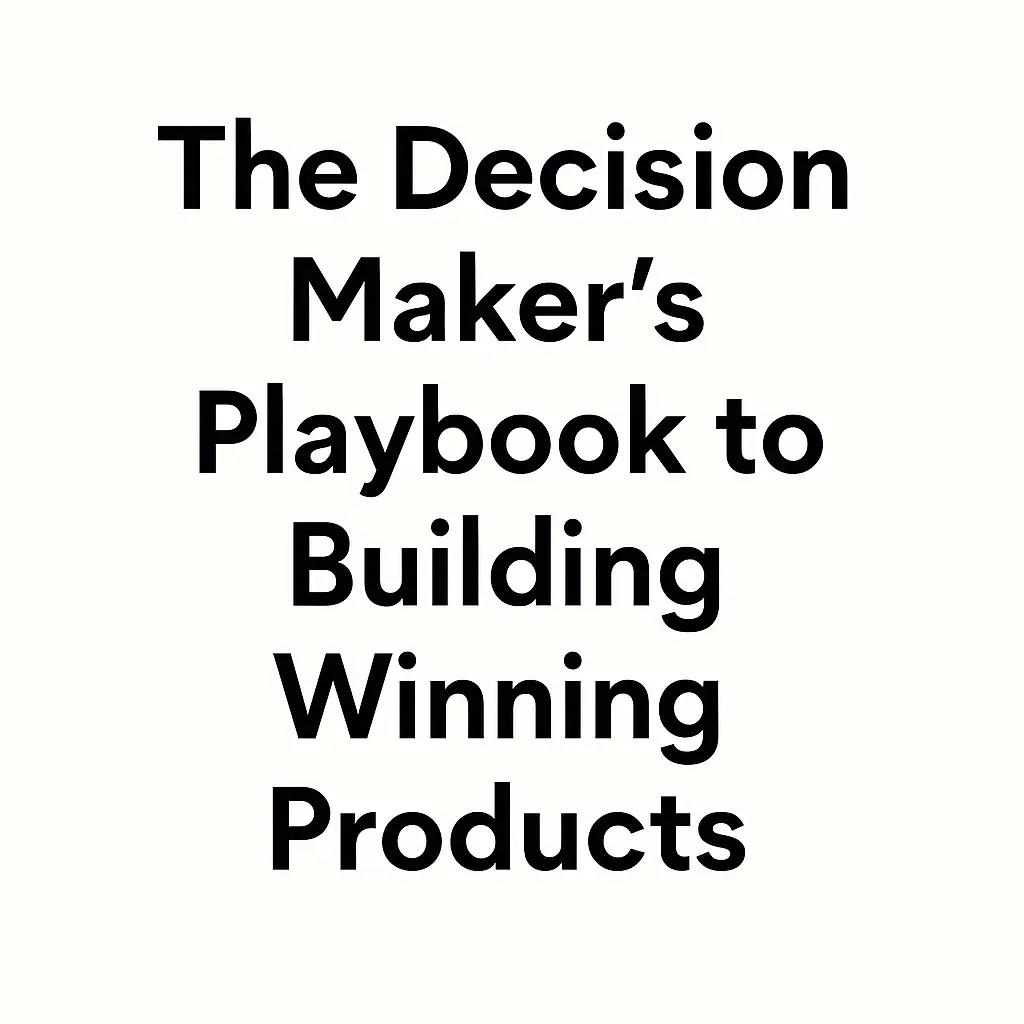Why Focus on What Truly Matters?
In a world brimming with distractions and superficial pursuits, how do we focus on what truly matters?

Journaling transcends mere writing; it is a form of self-reflection and prayer. By putting our thoughts and emotions on paper, we gain clarity and a deeper understanding of ourselves. Like the biblical reference in Habakkuk 2:2, journaling becomes a sacred practice that helps us navigate life's challenges and discover new insights. Research from the University of Rochester Medical Center indicates that journaling can significantly improve mental health, providing a safe outlet for processing emotions.
Beyond mental clarity, journaling can enhance problem-solving skills. When we write about our challenges, we often uncover solutions that were not apparent before. A study published in the Journal of Experimental Psychology found that expressive writing can lead to improved academic performance and cognitive function.

Being honest with ourselves is crucial. Self-deception can lead to missed opportunities and significant financial losses. By confronting our blind spots and acknowledging the truth, we can make better decisions and avoid unnecessary setbacks. A study by Harvard Business Review highlights that leaders who practice self-awareness are more effective and financially successful, emphasizing the value of honesty.
Self-deception not only affects personal and financial decisions but also impacts relationships. Being truthful in our interactions fosters trust and deeper connections. A report by the American Psychological Association suggests that honesty is a key component of healthy relationships, leading to better communication and mutual respect.

Vague plans lead to vague goals. When we lack clarity about what we want to achieve, it becomes difficult to make progress. Setting clear, specific goals allows us to focus our efforts and take meaningful action toward our desired outcomes. According to a study by Dominican University, people who write down their goals are 42% more likely to achieve them, underlining the importance of clarity.
Clarity also involves understanding our values and aligning our actions with them. When our goals reflect our core values, we experience a greater sense of purpose and motivation. The Journal of Positive Psychology notes that value-driven goals lead to higher levels of well-being and life satisfaction.

Customer satisfaction should be a top priority for any business. Going above and beyond to exceed customer expectations creates a lasting impression and builds loyalty. By embracing a 10X value obsession, we can differentiate ourselves and stand out in a crowded marketplace. Research from the Temkin Group shows that companies earning $1 billion annually can expect to earn an additional $700 million within three years of investing in customer experience.
Overdelivering is not just about exceeding expectations but also about creating memorable experiences. Personal touches and thoughtful gestures can significantly enhance customer loyalty. A study by Bain & Company reveals that increasing customer retention rates by 5% can increase profits by 25% to 95%.

Success goes beyond monetary achievements. While financial success is important, it should not overshadow other aspects of our lives. Finding fulfillment in our work, nurturing meaningful relationships, and being a positive influence in the lives of others are priceless treasures that contribute to a well-rounded and prosperous life. A Gallup poll revealed that employees who feel fulfilled in their personal lives are 21% more productive at work.
True success is also about continuous learning and growth. Embracing a growth mindset, as highlighted by psychologist Carol Dweck, encourages us to view challenges as opportunities for improvement. This mindset shift can lead to greater resilience and long-term success.

Our environment greatly influences our thoughts, emotions, and creativity. Creating a beautiful, positive, and peaceful environment nurtures our well-being and allows us to perform at our best. By surrounding ourselves with positivity, we empower ourselves to reach greater heights. A study by the University of Exeter found that employees working in enriched environments were 15% more productive than those in lean spaces.
Incorporating elements of nature, such as plants and natural light, into our surroundings can further enhance well-being. Research published in the Journal of Environmental Psychology shows that exposure to nature improves mood, reduces stress, and boosts cognitive performance.

Taking care of our physical well-being directly impacts our mental clarity and overall productivity. Regular exercise, mindful eating, and quality sleep enhance focus, improve brain function, and increase longevity. Prioritizing our health is an investment in our long-term success. The Centers for Disease Control and Prevention (CDC) reports that regular physical activity can reduce the risk of chronic diseases and improve mental health.
Developing healthy habits requires consistency and incremental changes. The concept of habit stacking, as popularized by James Clear in "Atomic Habits," suggests linking new habits to existing ones to make them easier to adopt. This strategy can lead to sustainable improvements in health and well-being.

Taking time off is essential for maintaining productivity and avoiding burnout. It rejuvenates our energy, refuels our creativity, and restores our motivation. By incorporating regular breaks into our schedule, we ensure sustained productivity and well-being. A study by the American Psychological Association found that vacations can improve overall life satisfaction and reduce stress.
Short, frequent breaks during work hours can also enhance productivity. The Pomodoro Technique, which involves working for 25-minute intervals followed by short breaks, has been shown to improve focus and efficiency.

While outcomes matter, the fairness of the processes that lead to those outcomes is equally important. By prioritizing fairness, we demonstrate integrity, build trust, and foster a positive work environment. Paying attention to the process ensures sustainable success and long-term growth. Research by the Ethics Resource Center shows that companies with strong ethical cultures experience 75% less misconduct than those with weaker ethical cultures.
Fairness in processes also involves transparent communication and decision-making. When employees feel informed and involved, they are more likely to be engaged and committed to the organization. A study by McKinsey & Company found that inclusive decision-making can lead to better business performance.

Achieving world-class results requires consistent habits and dedication. Maintaining excellent habits is more efficient than constantly starting from scratch. As we grow in one area of life, we experience growth in all other areas. Striving for excellence in important pursuits has a ripple effect on our overall success. A study published in the European Journal of Social Psychology found that it takes an average of 66 days to form a new habit, emphasizing the importance of consistency.
Excellence is also about continuous improvement and learning from feedback. The Japanese concept of "Kaizen" emphasizes small, ongoing changes for betterment. This approach can lead to significant long-term improvements and sustained success.
Embracing these underrated realities can transform our lives and unlock our full potential. By focusing on personal growth, embracing innovation, and cultivating a mindset of authenticity and integrity, we can create a life of purpose, fulfillment, and success. Remember, true improvement comes from challenging ourselves, staying true to our values, and embracing the power of language to inspire and impact others.
Meet Dennis, a seasoned software engineer with 11 years of experience transforming ideas into digital reality. He has successfully guided countless projects from concept to deployment, bringing innovative solutions to life. With a passion for crafting exceptional software, Dennis has helped countless clients achieve their goals.
Click here to learn more
Popular Posts
- How Can Strategic Software Solutions Propel Your Business to the Next Level?
- What is the Key to Startup Success?
- Why Do Some Products Soar While Others Flounder?
- Why Is Consistent Blogging Critical for Your Go-To-Market Strategy?
- Why Do Some Products Stick While Others Don't?
- Why Do Top Engineers Choose Where They Work?
- The Ultimate Solution for Faster, Scalable, and Customizable Web Design Without the CSS Headaches
- Revolutionizing Your Software Experience
- How Can You Overcome Common Pitfalls in Enterprise Application Software Development and Achieve Success?
- Discover the Ultimate Solution to Streamline Your Workflow and Boost Productivity!
Ready to take your business to the next level? Let’s make it happen.
Recommended For You

How Can You Build Ethical Software That Gains Trust and Ensures Security?

The Decision Maker’s Playbook to Building Winning Products

How Can You Deliver Software That Wins Customers and Beats the Competition?

Is Your User Experience Killing Your Sales?

Why Is Your API Design Holding You Back?

How Edge Computing Can Keep Control Over Your Sales Process

How Can Strategic Software Solutions Propel Your Business to the Next Level?

